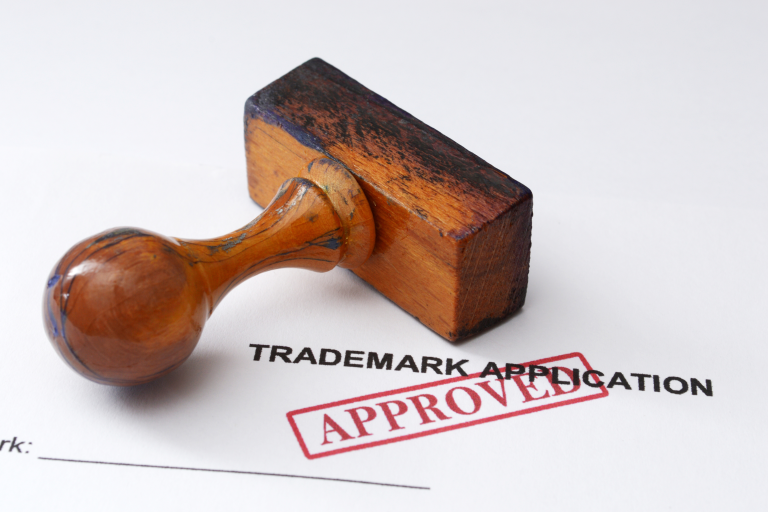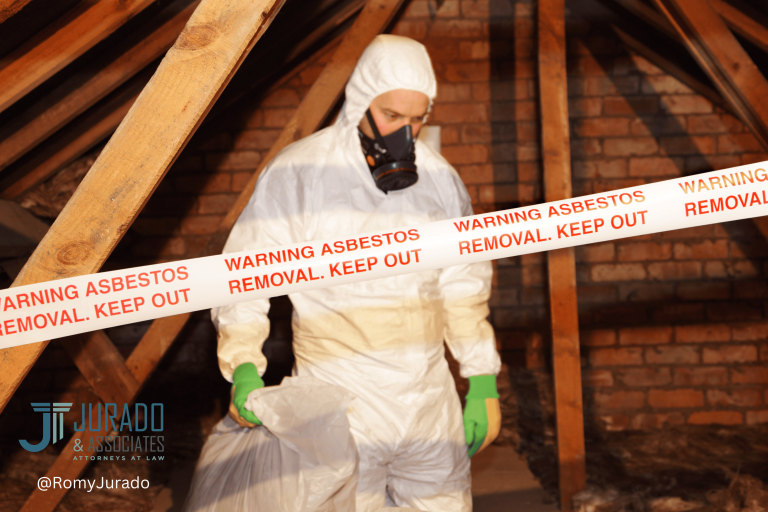Under Florida law, contractor licensing encompasses professionals dedicated to “construct, repair, alter, remodel, add to, demolish, subtract from, or improve any building or structure, including related improvements to real estate, for others or for resale to others.”
What construction work requires a license in Florida? Read on to find out.
Florida Contractor License – The Basics
In Florida, contractor licenses can be obtained both at the state and local levels. The issuance of licenses is regulated by the Construction Industry Licensing Board (CILB), a division of the Florida Department of Business and Professional Regulation (DBPR).
Contractors seeking to perform labor statewide must apply for a “Certified License.” The other option is applying for a “Registered License” with a specific city or county.
As provided by Florida Statutes §489.117 (1)(b), “registration allows the registrant to engage in contracting only in the counties, municipalities, or development districts where he or she has complied with all local licensing requirements and only for the type of work covered by the registration.”
New Florida Legislation Changes Licensing Requirements for Construction Work
Effective July 1, 2021, an addition to the Florida Statutes contributed to simplifying local licensing for construction and reduced the regulatory burden for certain subcategories described as “non-structural contractors.”
The new rule is expected to eliminate most local contractor licenses by 2023, specifying the categories of contracting segments that need licensing at the state and local levels.
As provided by Florida Statutes §163.211 (2), “the licensing of occupations is expressly preempted to the state, and this section supersedes any local government licensing requirement of occupations with the exception of the following:
- Any local government that imposed licenses on occupations before January 1, 2021. However, any such local government licensing of occupations expires on July 1, 2023
- Any local government licensing of occupations authorized by general law”
The changes in licensing rules aim to provide flexibility to contractors dedicated only to “non-structural” alterations, referring to contracting work that does not affect the internal or external load-bearing building components.
These components include all elements representing the core of the building’s stability (either wholly or partially), such as foundations, columns, walls, floors, roofs, and beams.
What Construction Work Requires a License in Florida? – In Detail
Since July 2021, the new alterations provide that contractors focused on improvements, repairs, or other construction works on non-structural elements do not necessarily need to apply for licensing.
Examples of non-structural elements in buildings include windows, internal doors, and other components added to cater to the needs of the individuals occupying the premises.
Florida Statutes § 489.117(4)(a) expressly state that “for purposes of this section, job scopes for which a local government may not require a license include, but are not limited to:
- Painting
- Flooring
- Cabinetry
- Interior remodeling
- Driveway or tennis court installation
- Handyman services
- Decorative stone, tile, marble, granite, or terrazzo installation
- Plastering
- Stuccoing
- Caulking, and
- Canvas awning and ornamental iron installation”
The same statute specifies that local government has the authority to issue certain categories of “journeyman” licenses for professionals performing labor in alarm/electrical systems, mechanical, plumbing, pipefitting, and HVAC trades.
Do You Need to Obtain a Contractor License in Florida? – Immediately Seek Expert Legal Guidance
Waste no time with uncertainty. Contact Attorney Romy B. Jurado today by calling (305) 921-0976 or emailing [email protected] to identify the best licensing strategy for your case.






